Filter by
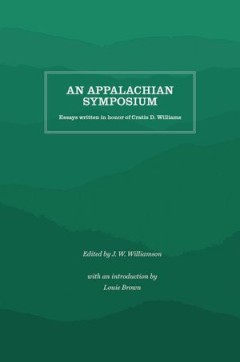
An Appalachian Symposium: Essays Written in Honor of Cratis D. Williams
Published in 1977, this collection of essays was published to honor Cratis D. Williams upon his retirement from Appalachian State University. Williams was an influential scholar, folklorist, teacher, and administrator who spent much of his career focused on the Appalachian region. Edited by J. W. Williamson, contributors to the volume are Louie Brown, Ronald J. Eller, Alan J. Crain, Stephen Fis…
- Edition
- -
- ISBN/ISSN
- 9781469638447
- Collation
- -
- Series Title
- -
- Call Number
- 300
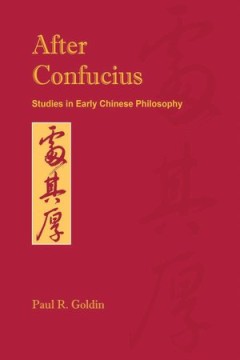
After Confucius: Studies in Early Chinese Philosophy
After Confucius is a collection of eight studies of Chinese philosophy from the time of Confucius to the formation of the empire in the second and third centuries B.C.E. As detailed in a masterful introduction, each essay serves as a concrete example of "thick description" an approach invented by philosopher Gilbert Ryle, which aims to reveal the logic that informs an observable exchange among …
- Edition
- -
- ISBN/ISSN
- 9780824828424
- Collation
- -
- Series Title
- -
- Call Number
- 300
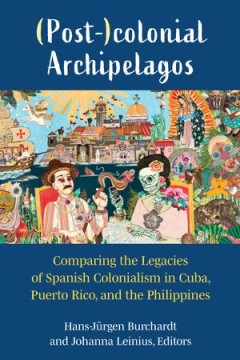
(Post-)colonial Archipelagos: omparing the Legacies of Spanish Colonialism in…
The Puerto Rican debt crisis, the challenges of social, political, and economic transition in Cuba, and the populist politics of Duterte in the Philippines—these topics are typically seen as disparate experiences of social reality. Though these island territories were colonized by the same two colonial powers—by the Spanish Empire and, after 1898, by the United States—research in the fiel…
- Edition
- -
- ISBN/ISSN
- 9780472133161
- Collation
- -
- Series Title
- -
- Call Number
- 300

Scaling Propensity of Water: New Predictive Parameters
The commonly used Saturation Index calculated at 10°C (SI10) is not suitable for practical situations. New parameters have been developed for simple and rapid analysis of calcium carbonate precipitation (scaling) phenomena which occur during the heating of drinking water: TPCC90 (Theoretically Precipitable Calcium Carbonate at 90°C) SI90 (Saturation Index at 90°C) NI (Nucleation Index) PPCC …
- Edition
- -
- ISBN/ISSN
- 9781780402567
- Collation
- -
- Series Title
- -
- Call Number
- -
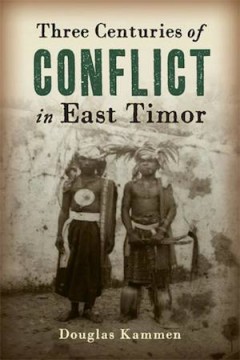
Three Centuries of Conflict in East Timor
One of the most troubling but least studied features of mass political violence is why mass violence often recurs in the same place over long periods of time. Douglas Kammen explores this pattern in Three Centuries of Conflict in East Timor, studying East Timor's tragic past, and focusing on the small district of Maubara. This book combines an archival trail and rich oral interviews to reconstr…
- Edition
- -
- ISBN/ISSN
- 9780813574127
- Collation
- -
- Series Title
- -
- Call Number
- 300
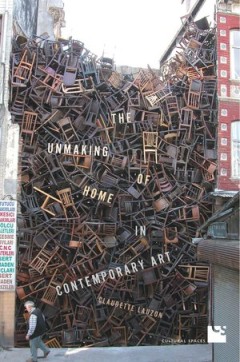
The Unmaking of Home in Contemporary Art
In a world where the notion of home is more traumatizing than it is comforting, artists are using this literal and figurative space to reframe human responses to trauma. Building on the scholarship of key art historians and theorists such as Judith Butler and Mieke Bal, Claudette Lauzon embarks upon a transnational analysis of contemporary artists who challenge the assumption that ‘homeâ…
- Edition
- -
- ISBN/ISSN
- 9781442649828
- Collation
- -
- Series Title
- -
- Call Number
- 300

Hijab: Unveiling Queer Muslim Lives
Hijab: Unveiling Queer Muslim Lives is the first known collection of South African Muslim stories relating to Islam and sexual diversity. This anthology shares reallife stories of people that have struggled, or may still be struggling, to reconcile their spirituality and their sexuality. These are stories that illustrate the oneness of being and reflect on how some interpretations of the script…
- Edition
- -
- ISBN/ISSN
- 9781920355203
- Collation
- -
- Series Title
- -
- Call Number
- 361.1 INN h
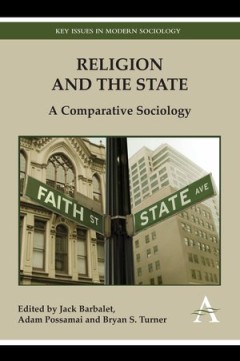
Religion and the State: A Comparative Sociology
With a clear statement of the theoretical issues in the debates about secularization and post-secularism, Religion and the State: A Comparative Sociology considers a number of major case studies from China, Europe, Singapore and South Asia in order to understand the rise of public religions in the modern state. By distinguishing between political secularization the separation of state and relig…
- Edition
- -
- ISBN/ISSN
- 9780857287984
- Collation
- -
- Series Title
- -
- Call Number
- 300
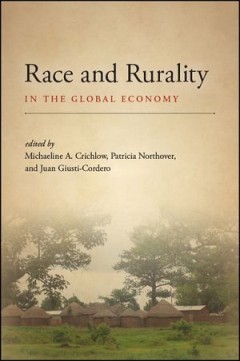
Race and Rurality in the Global Economy
Issues of migration, environment, rurality, and the visceral "politics of place" and "space" have occupied center stage in recent electoral political struggles in the United States and Europe, suffused by an antiglobalization discourse that has come to resonate with Euro-American peoples. Race and Rurality in the Global Economy suggests that this present fractious global politics begs for close…
- Edition
- -
- ISBN/ISSN
- 9781438471310
- Collation
- -
- Series Title
- -
- Call Number
- 300
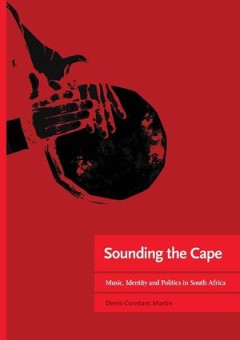
Sounding the Cape: Music, Identity and Politics in South Africa
For several centuries Cape Town has accommodated a great variety of musical genres which have usually been associated with specific population groups living in and around the city. Musical styles and genres produced in Cape Town have therefore been assigned an “identity” which is first and foremost social. This volume tries to question the relationship established between musical styles and…
- Edition
- -
- ISBN/ISSN
- 9781920489823
- Collation
- -
- Series Title
- -
- Call Number
- 301 MAR s
 Computer Science, Information & General Works
Computer Science, Information & General Works  Philosophy & Psychology
Philosophy & Psychology  Religion
Religion  Social Sciences
Social Sciences  Language
Language  Pure Science
Pure Science  Applied Sciences
Applied Sciences  Art & Recreation
Art & Recreation  Literature
Literature  History & Geography
History & Geography